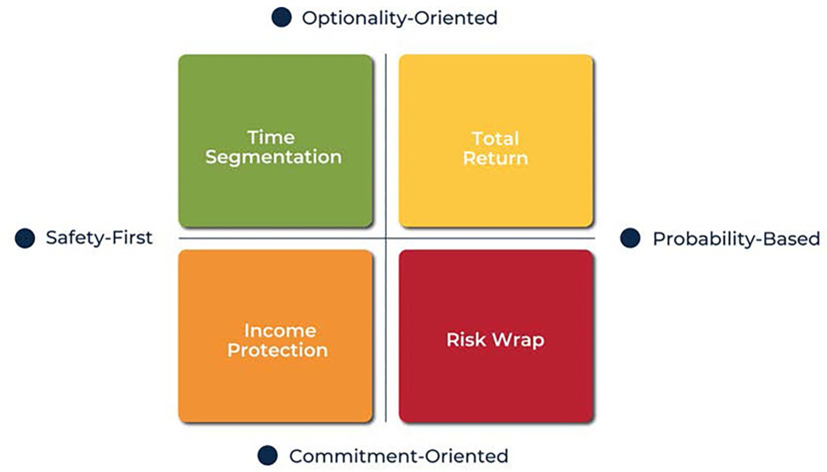If we measure the wrong thing...

“What we measure affects what we do. If we measure the wrong thing, we will do the wrong thing. If we don’t measure something, it becomes neglected, as if the problem didn’t exist” Beyond GDP: Measuring What Counts for Economic and Social Performance, Stiglitz, Fitoussi and Durand.
When it comes to retail investment customers and the regulated financial planning that typically wraps around their wealth, the key thing that’s measured irrespective of their goals, objectives or life stage, is their appetite and ability to take on market risk. And what we measure is capital at risk, or capital volatility if you prefer. The FCA Conduct of Business Rules reinforce this as a key determinant of suitability.
As a result, most customer advice journeys begin with a systemised way of assessing a client’s attitude towards capital volatility and their ability to withstand it, assigning them a ‘risk score’ to indicate where they sit on the continuum between low and high risk. Typically, this risk score is used to determine an asset allocation which is then used to recommend a suitable fund or portfolio to the client.
A different risk measure for retirement income investors
This focus on measuring capital volatility is totally appropriate when an investor’s objectives are to grow their wealth, but what about the life stage where the objective becomes sustainable long-term and possibly lifelong income? If there’s no regulatory requirement to measure the volatility and sustainability of income, does that mean it’s being neglected under the current advice frameworks, as if the problem doesn’t exist?
Within the risk assessment industry there are some that believe, as we do at Just, that there should be a different risk measure developed for retirement income investors. One that focuses on the security and sustainability of income rather than capital volatility, as more retirees become reliant on investments to generate their retirement income. The team at EV financial technology are leading the way here and have developed their Income at Risk (IaR) concept as the first steps in this direction.
Shifting from capital volatility to income volatility
This much needed change in focus, away from capital volatility to income volatility could have implications for where the advice process starts for retirement income planning. When viewed through the income/liability planning lens rather than the asset/volatility lens, there’s a recognition that retirement income can be delivered in a number of ways, using a range of strategies and solutions, and that different clients will have differing preferences.
If you’re ever interested to investigate what future best practice may come to look like in the retirement income planning space, I would always recommend seeking out Wade Pfau and his website, Retirement Researcher.
In his book, ‘Retirement Planning Guidebook’ Wade Pfau shares his research work around retirement income styles and introduces the Retirement Income Style Awareness RISA® Matrix. Much like a traditional risk profiling process, RISA is a questionnaire that looks to identify an individual’s retirement income preferences and therefore, what mix of solutions would best suit that person.
As you can see below, the matrix has four distinct retirement income ‘styles’. A person’s preferences towards two primary options and four secondary options determines their preferred style for receiving retirement income, with that style having differing solutions that should be used for that individual.
Retirement Income Style Awareness® Matrix

The titles for each segment may be a little confusing as Wade Pfau is based in the United States. If you’d like to understand how this type of approach could be implemented into your retirement income advice process, we’re familiar with it at Just and we’d be happy to discuss it with you.
Being a totally income led approach to client need rather than asset led, this approach, along with EV’s IaR concept, start to address the question around whether we’re taking into account the most appropriate factors when it comes to the retirement income life stage. I see contemporary financial planning firms adopting this, or something similar, within their advice propositions as part of their client segmentation process.
If you’d like to know more, we’d love to talk to you. Please get in touch with your usual Just contact, call 0345 302 2287 or email support@wearejust.co.uk.
